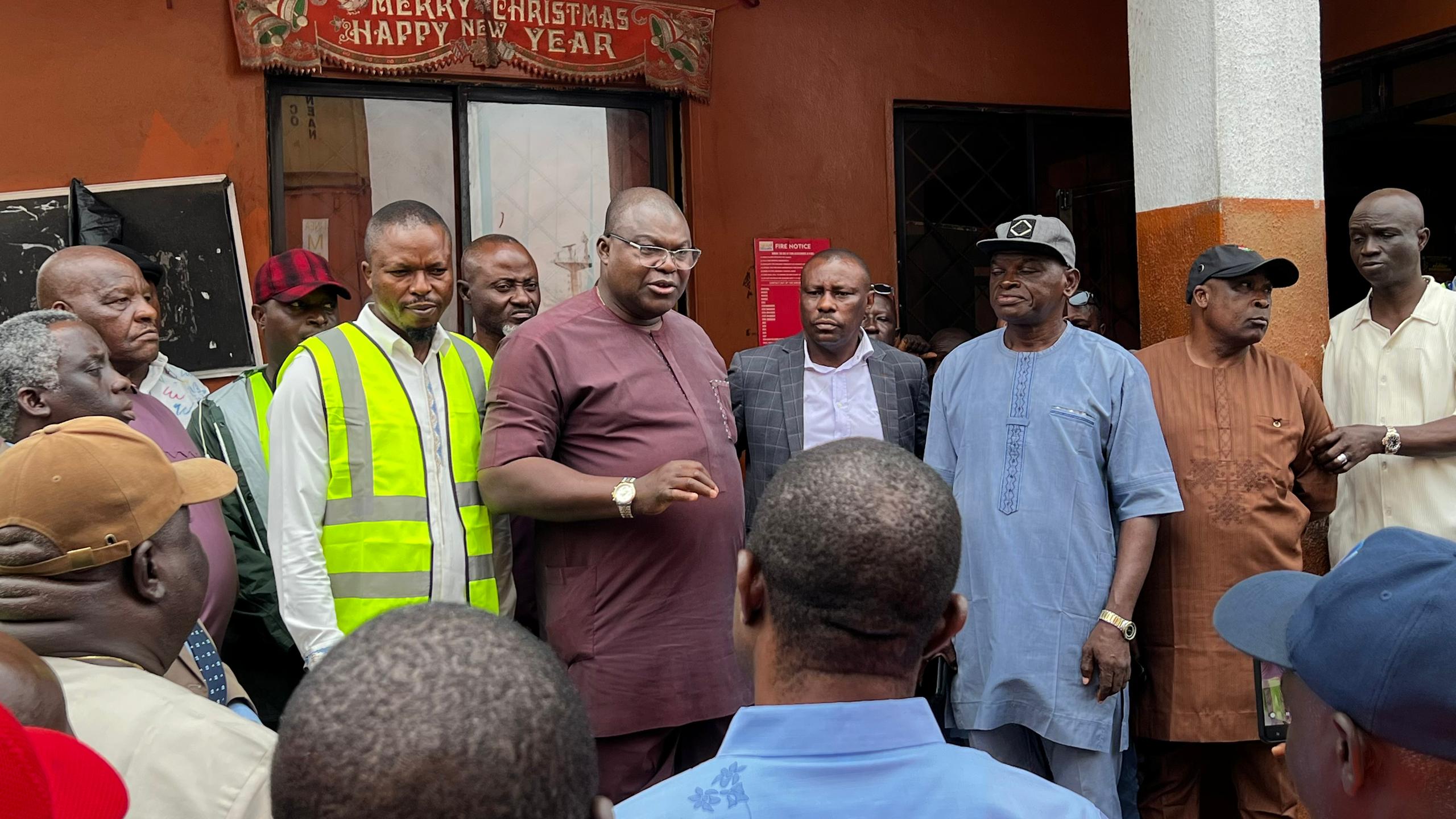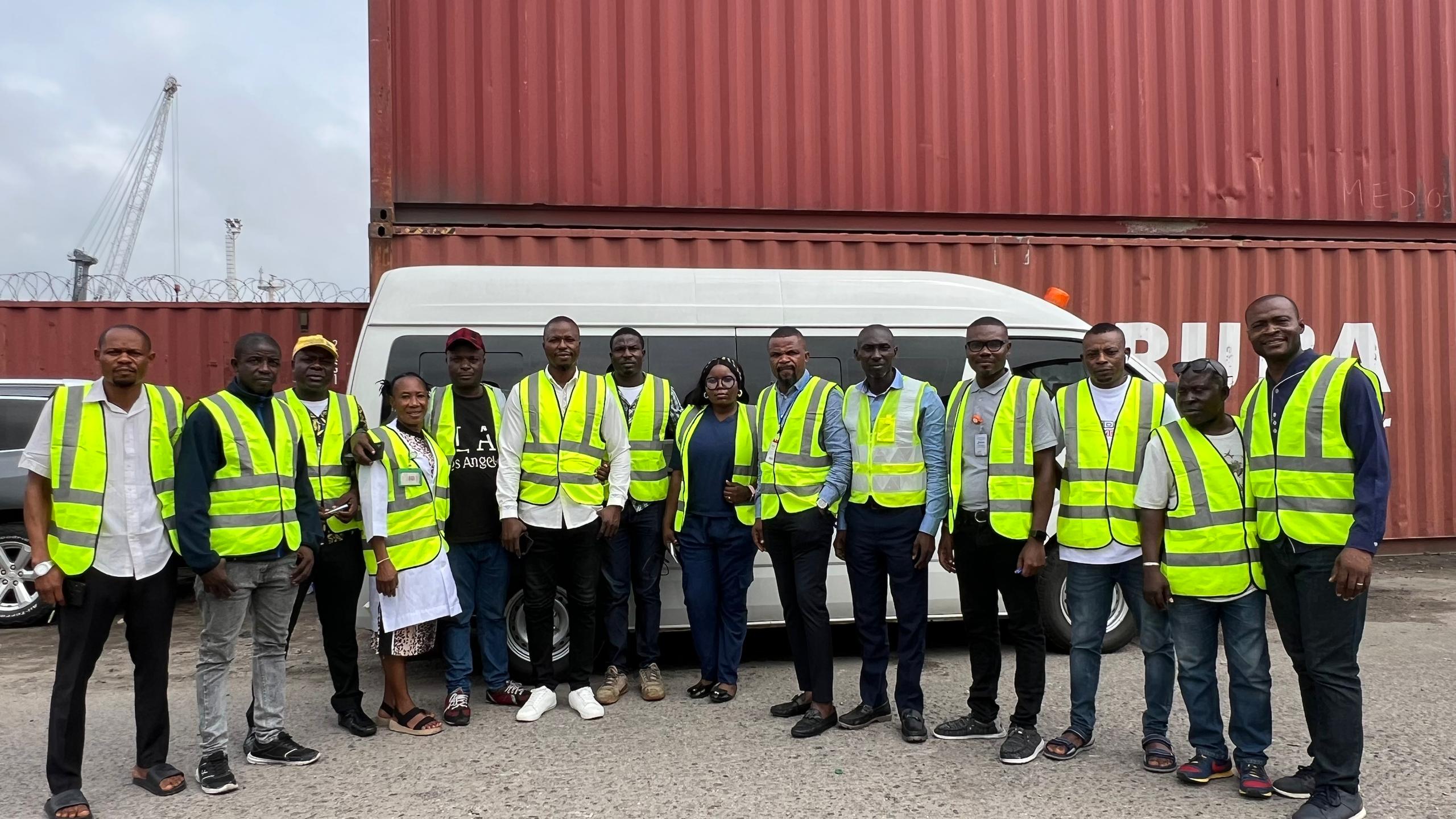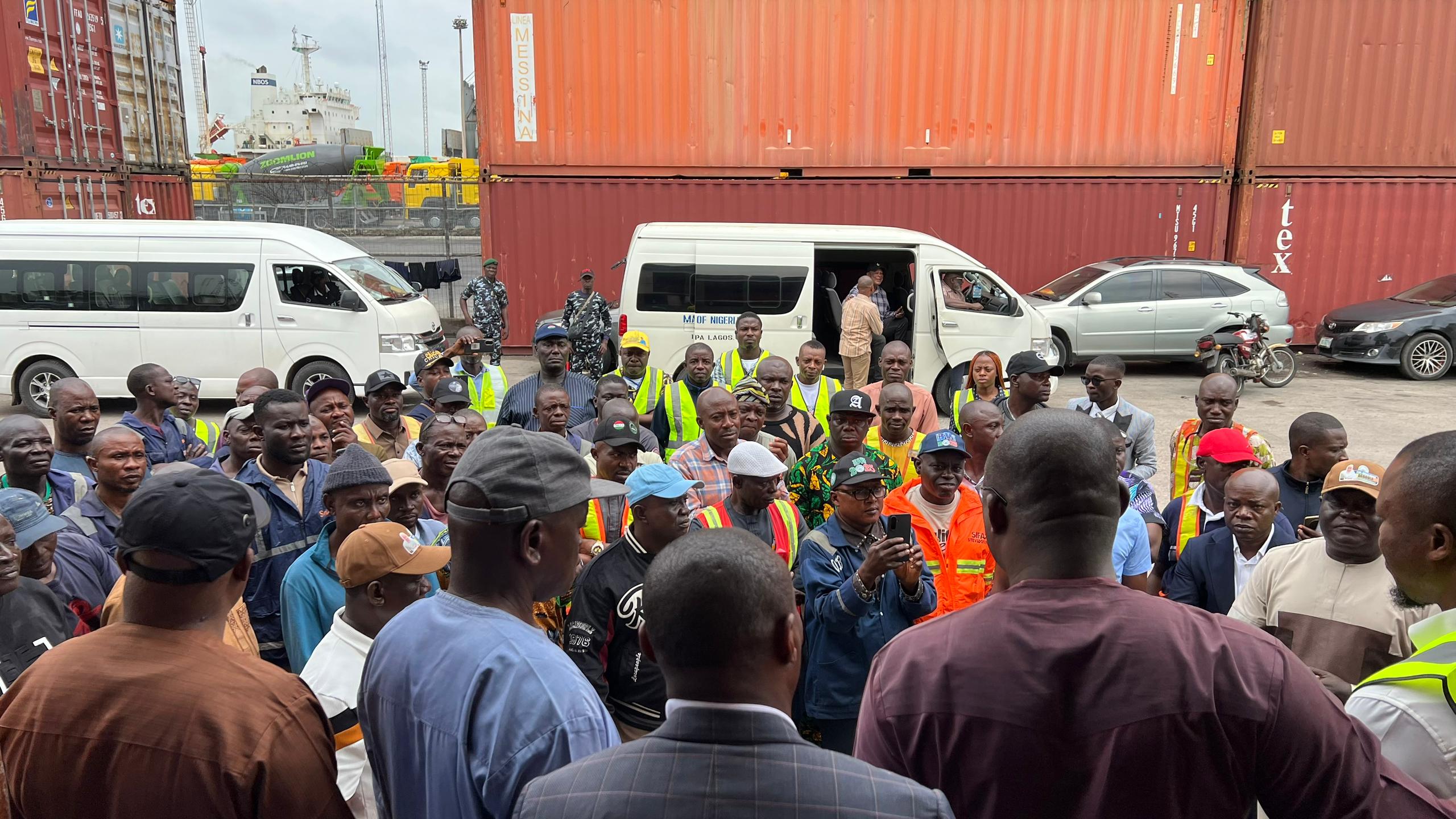
Ports & Cargo Handling Services Limited (PCHS), the port management subsidiary of SIFAX Group, has partnered with Micura Services Limited to handle stevedoring operations at its Tin Can Island Port terminal in Lagos. The partnership, which took effect in early August 2025, is designed to sharpen berth productivity, improve cargo turn-around times, and deliver safer, more reliable ship-to-shore operations.
PCHS (Ports & Cargo Handling Services Ltd.) is the terminal operating arm of SIFAX Group at Tin Can Island, one of Nigeria’s busiest maritime gateways. With more than two decades of port experience, PCHS oversees vessel scheduling, yard planning, and overall terminal performance. Bringing in a specialist stevedore allows PCHS to deepen its focus on terminal management KPIs while a dedicated partner executes cargo handling on the quay.
Micura Services Limited is a registered Nigerian stevedoring company with a track record in multi-cargo handling (containers, bulk, break-bulk, and project cargo) supported by trained stevedore teams, safety systems, and standardized processes. The new contract formalizes Micura’s role as PCHS’s on-the-ground stevedoring partner at Tin Can Island.
Why The Partnership between SIFAX Group’s PCHS and Micura Services Matters

- Faster Vessel Turn-Around and Predictable Operations: Stevedoring efficiency directly affects how quickly vessels are worked and released. By assigning quay operations to a dedicated, performance-driven stevedore, PCHS can tighten berth windows and improve reliability for shipping lines and cargo owners.
- Clearer Lines of Accountability: Separating terminal management from stevedoring execution clarifies who owns which KPIs like berth productivity, crane moves per hour, safety performance, and damage rates. That clarity enables better measurement, continuous improvement, and faster problem-solving during peak traffic periods.
- Safety and Compliance at the Center: Stevedoring is high-risk, high-discipline work. A specialist partner strengthens toolbox talks, incident reporting, PPE compliance, and adherence to standard operating procedures (SOPs); all of which reduce downtime and improve workforce well-being. Coverage of the deal highlights Micura’s readiness and training as a lever for safer operations.
What This Partnership Means for Customers and Stakeholders?

- For Shipping Lines & Agents: More predictable call times, better quay-to-yard coordination, and improved communication loops during vessel operations. Enhanced berth planning, backed by specialist stevedoring, typically translates into fewer delays and clearer ETAs/ETDs.
- For Cargo Owners & Freight Forwarders: A stronger ship-to-shore interface reduces the risk of cargo damage and ensures better handling of sensitive or oversized consignments. Consistent lashing, unlashing, and break-bulk sequencing also cut down on rework and hidden costs.
- For Regulators & Industry Partners: A dedicated stevedoring framework aligns with national goals of efficiency, safety, and transparency at Nigerian ports. Managing Director of PCHS, John Jenkins, frames this partnership as part of a larger effort to streamline Lagos port operations.
Lagos Ports, Competitiveness, and the Road Ahead

The PCHS–Micura partnership is more than just an operational agreement, it’s part of a broader push to boost the competitiveness of Lagos ports, ease cargo congestion, and strengthen Nigeria’s standing in global trade. Analysts note that SIFAX Group’s wider strategy focuses on efficiency and deeper trade links, positioning this collaboration as a key step in the ongoing modernization of port operations.
For terminal users at Tin Can Island, this means smoother vessel operations, stronger safety practices, and a more consistent flow of cargo handling. With responsibilities clearly defined and performance benchmarks in place, stakeholders can look forward to greater transparency and a reinforced operational backbone at one of Nigeria’s busiest maritime gateways.
